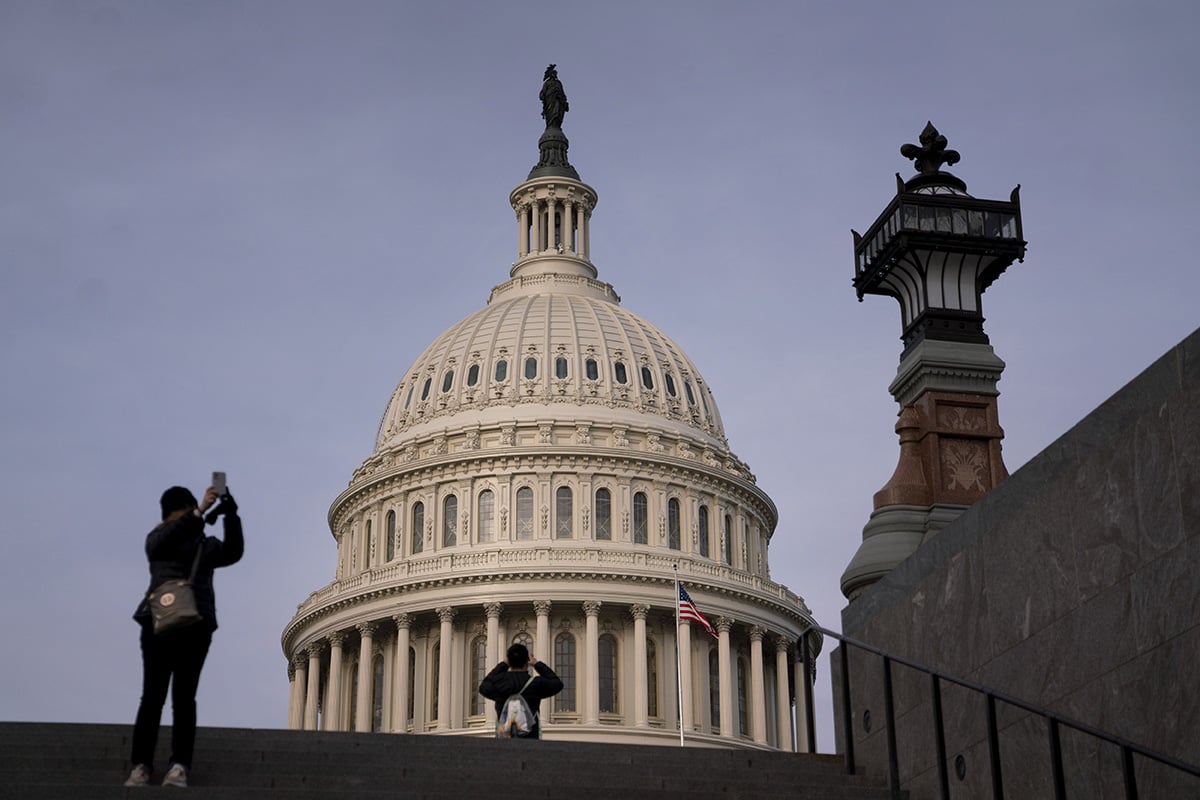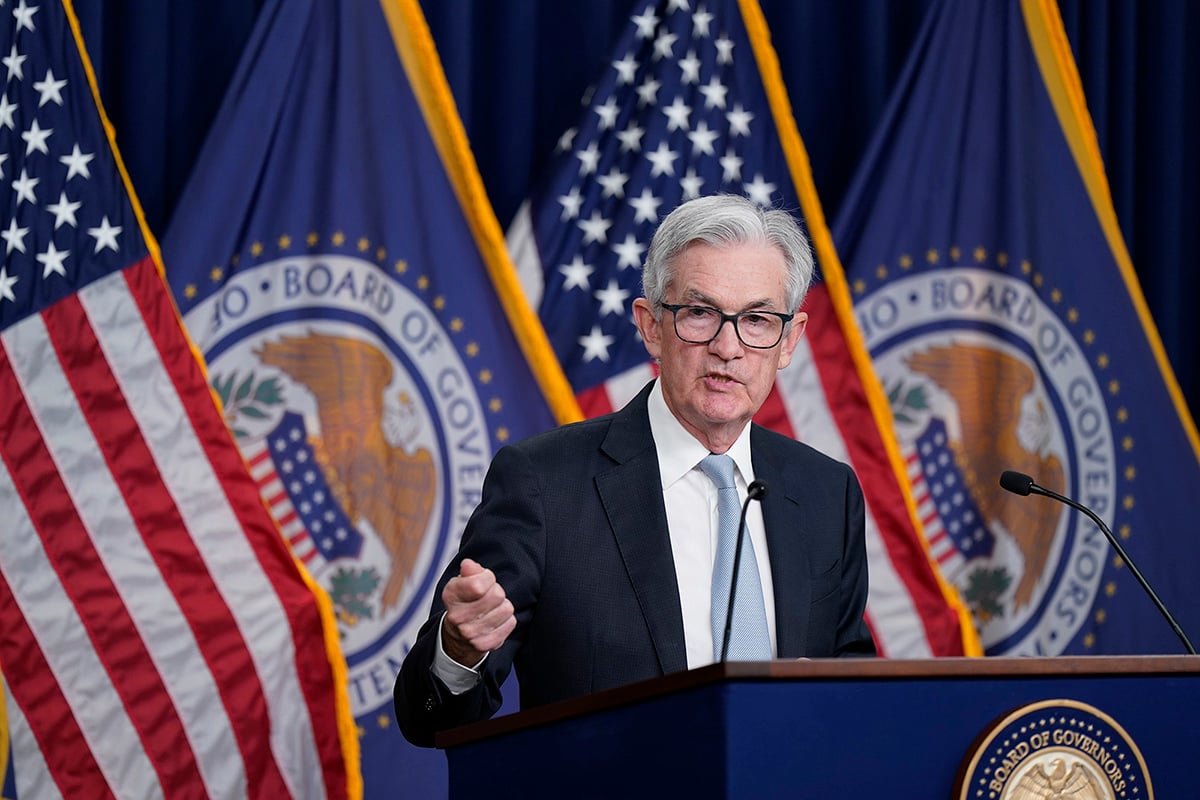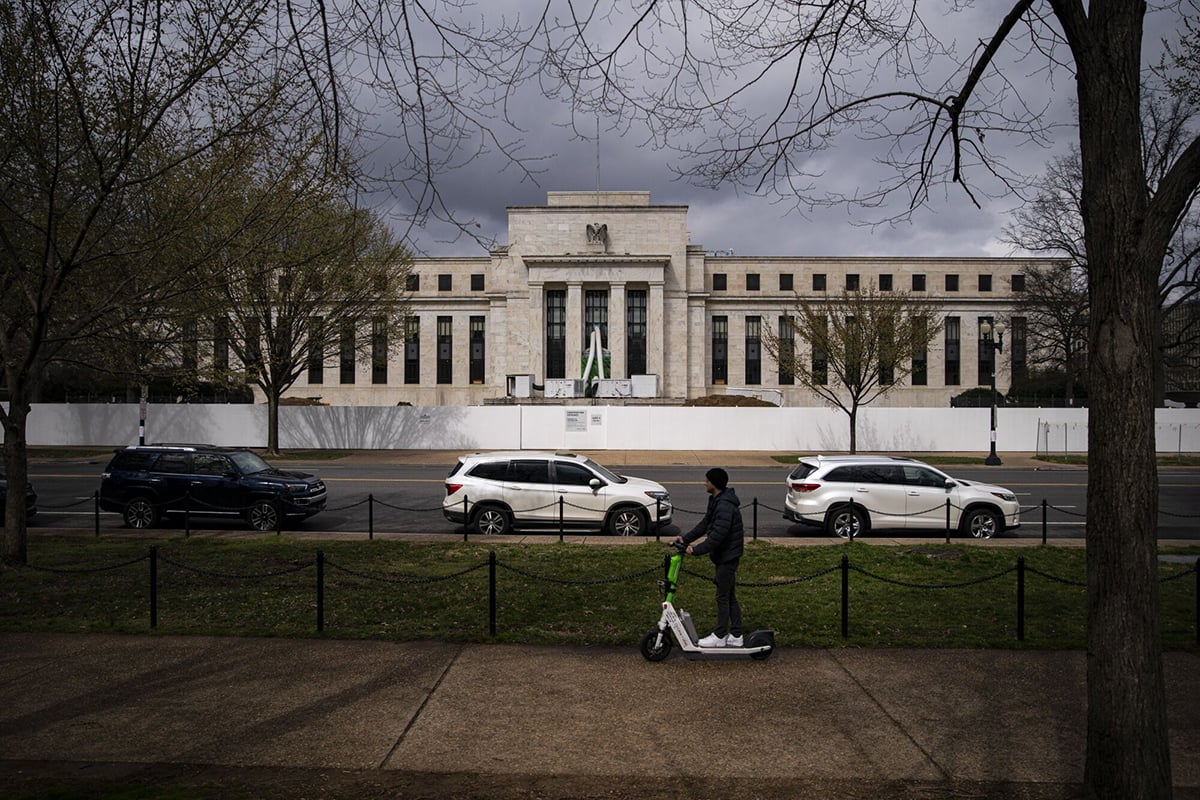About The Author

CONNECT WITH THIS AUTHOR
April 04, 2025
February 19, 2025
January 09, 2025
December 19, 2024
December 03, 2024
November 07, 2024
October 09, 2024
August 28, 2024
August 21, 2024










